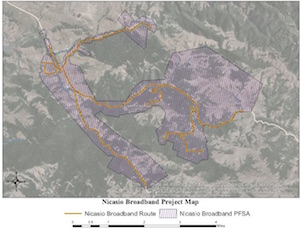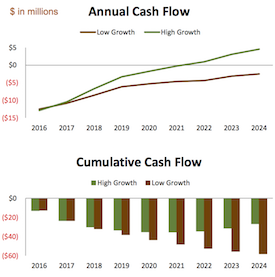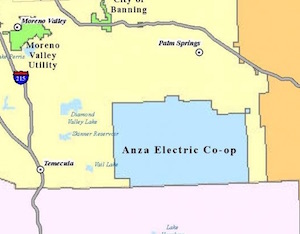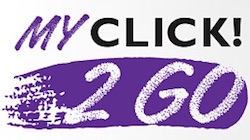Unlicensed spectrum needs clear rules or no rules, not guesswork in between
![By Raul654 (Own work) [GFDL (https://www.gnu.org/copyleft/fdl.html) or CC-BY-SA-3.0 (https://creativecommons.org/licenses/by-sa/3.0/)], via Wikimedia Commons](https://www.tellusventure.com/images/2015/11/gorilla.jpg)
Not just another monkey.
There are no rules against blocking someone else’s WiFi hotspot, according to the two republican members of the Federal Communications Commission. Ajit Pai and Michael O’Rielly posted dissents to a decision to fine M.C. Dean, a concessionaire at the Baltimore convention center, $718,000 for interfering with attendees ability to connect to their own mobile hotspots.
On the surface, it’s a Catch-22 argument: Pai and O’Rielly are saying that since people who use unlicensed spectrum – Part 15 users, in FCC jargon – have to accept any interference they receive, interfering with them isn’t really interference.… More


![By France_cities.svg : Thomas Steiner Derivative work : Dsant (talk) Nnemo (France_cities.svg) [CC BY-SA 2.5 (https://creativecommons.org/licenses/by-sa/2.5)], via Wikimedia Commons](https://www.tellusventure.com/images/2015/11/level3_france.png)






